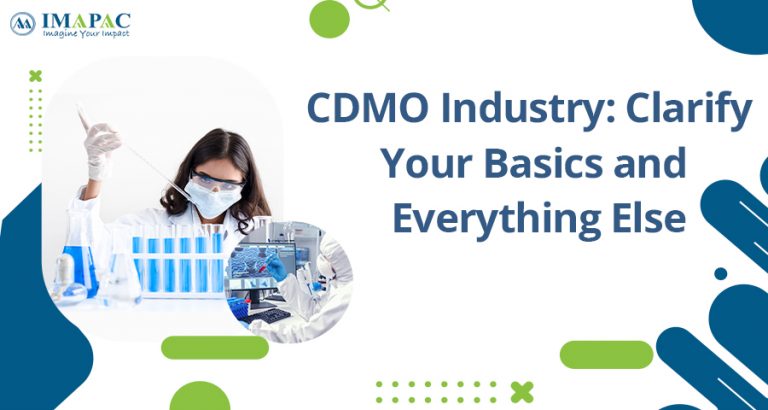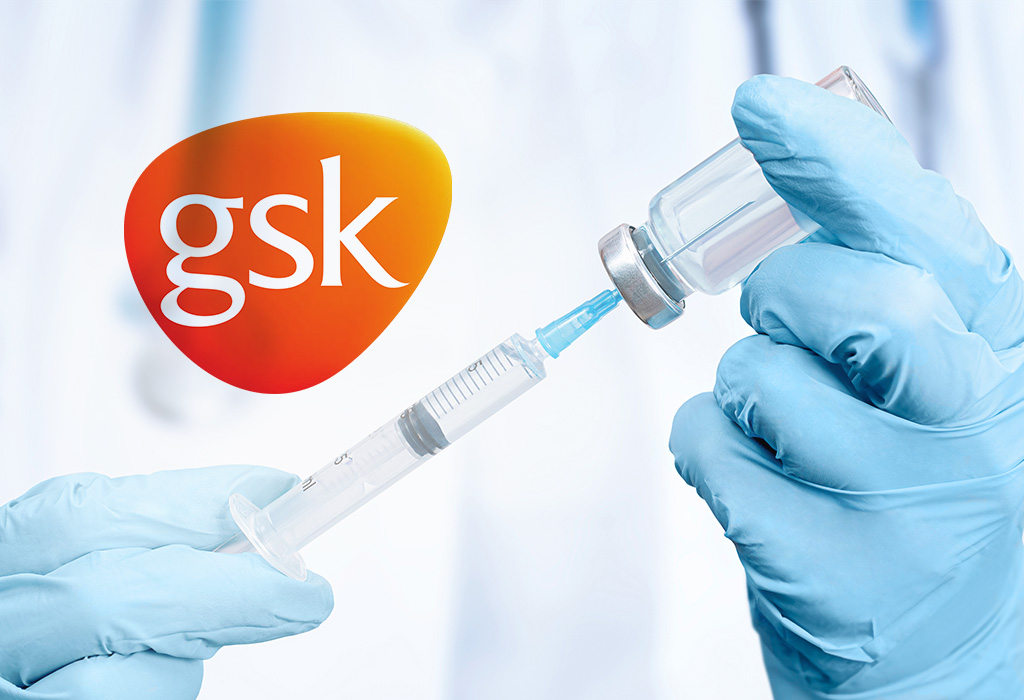CDMO Industry Clarify Your Basics And Everything Else


WHAT DO CDMOs DO?
A contract development and manufacturing organization is a company in the pharmaceutical industry that provides services for the development and manufacture of drugs (CDMO). Pharmaceutical firms can outsource the development and manufacturing of medications by working with CDMOs as a partner.
The entire process of medication research and production can be handled by biologics CDMO, and they also deal with clients who want to outsource specific steps in their workflow. Everything is determined by the needs of each client.
A pharmaceutical business can collaborate with a full-service CDMO with just an idea and be directed all the way through preformulation and formulation development, clinical trials, and commercial production.
WHAT DEFINES THE CDMO AND CMO DIFFERENCES?
A contract development and manufacturing organization (CDMO) differs from a contract manufacturing organization through development (CMO). Unlike pharmaceutical CDMOs, which handle both the development and manufacturing of a medicine, CMOs manufacture drugs that have already been pre-formulated.
Working with a CDMO as opposed to a CMO offers consistency and punctuality, which is attractive to many pharmaceutical businesses. In the end, there are less reasons to point fingers when working with a CDMO.
WHAT DO CDMOs DO?
A contract development and manufacturing organization is a company in the pharmaceutical industry that provides services for the development and manufacture of drugs (CDMO). Pharmaceutical firms can outsource the development and manufacturing of medications by working with CDMOs as a partner.
The entire process of medication research and production can be handled by biologics CDMO, and they also deal with clients who want to outsource specific steps in their workflow. Everything is determined by the needs of each client.
A pharmaceutical business can collaborate with a full-service CDMO with just an idea and be directed all the way through preformulation and formulation development, clinical trials, and commercial production.
WHAT DEFINES THE CDMO AND CMO DIFFERENCES?
A contract development and manufacturing organization (CDMO) differs from a contract manufacturing organization through development (CMO). Unlike pharmaceutical CDMOs, which handle both the development and manufacturing of a medicine, CMOs manufacture drugs that have already been pre-formulated.
Working with a CDMO as opposed to a CMO offers consistency and punctuality, which is attractive to many pharmaceutical businesses. In the end, there are less reasons to point fingers when working with a CDMO.
PARTNERSHIP CDMO
Pharmaceutical businesses increasingly depend on CDMOs to handle the complicated requirements of drug research and production.
Having a CDMO partner can be a great resource with many advantages for pharmaceutical companies to focus their efforts and resources on initiatives that move their company forward, managing the FDA’s highly regulated medication development environment or increasing output to keep up with demand and deadlines.
BENEFITS AND EXPENSES OF CONTRACT MANUFACTURING
A new medicine or drug variation’s development is an expensive, multi-year project. For the research and production of a novel medicine, pharmaceutical companies can benefit greatly from working with a CDMO.
CONTRACT MANUFACTURING BENEFITS
we commit our knowledge, resources, and facilities to each client collaboration in order to hasten the process of bringing a medication to market.
EXCELLENCE
The breadth and depth of expertise and specialty that CDMO offers is astonishing. Given the core strength of their sector, CDMOs should make investments in talented researchers, chemists, and development professionals. Those who can provide pharmaceutical businesses with the knowledge, power, and inventiveness they require are, after all, the wealthiest individuals.
AUTHENTICATION AND FACILITIES
Leading CDMOs industry also make investments in equipment. Pharmaceutical businesses must have a difficult choice when they wish to increase capabilities, release a new drug, or manufacture at a different rate with internal drug development and production.
On the other side, outsourcing to a CDMO allows businesses to access large-scale facilities and equipment without having to incur the cost of ownership.
ADAPTABILITY
For pharmaceutical companies, changes in production volume or the addition of a new drug variant can carry a very high risk. However, these choices carry a lot less risk and shorter lead times when they are made as part of a CDMO partnership.
Pharmaceutical development and production outsourcing helps companies of all sizes grow. Pharmaceutical companies of all sizes can operate more cost-effectively and effectively because they know that the costs of developing and producing new drugs won’t blow their budgets.
WHAT TO TAKE INTO ACCOUNT WHEN SELECTING A CDMO PARTNER
The first thing to consider when selecting a CDMO partner is whether or not they have the technical know-how and experience to execute on your goals. Have they worked with the drug delivery methods you’re aiming for? Does their team possess the technical knowledge necessary to reach your goals?
Next, consider their facilities and equipment. What are they spending on equipment and lab space? What about equipment for coating, converting, and mixing? Do they have the resources to manage the volume of production you want?


IMPLEMENT A NEW DRUG
The process of creating a new medicine is protracted and heavily regulated. Over the past 30 years, every drug that has entered the American market has gone through the FDA drug development procedure. Many biopharmaceutical manufacturers rely on CDMOs for drug development services due to its complexity.
DEVELOPMENT AND DISCOVERY
Every novel drug is first discovered in the lab, even though the idea for it may have originated over lunch or during a meeting. The first phase in the process of developing a medicine is research and development, which serves as the cornerstone for all subsequent processes.
New chemical or organic substances, new understandings of a disease already present, and even new mechanisms for administering an already available treatment can all be the product of discovery and development.
ADVANCED CLINICAL RESEARCH
Preclinical studies try to ascertain a compound’s toxicity. In vitro and in vivo testing is how researchers achieve this. Scientists are experimenting with dosage at this moment and developing safety measurements.
TRADITIONAL RESEARCH
Clinical research investigates how a medicine behaves in human beings. The use of both humans and animals in pharmacological trials is typical practice in clinical research. The FDA establishes precise standards for human testing that have an effect on all stages of clinical research.
DRUG DEVELOPMENT AND CDMO PARTNERSHIP
Pharma companies work with CDMOs to understand the process and reduce risk at every stage of drug development.
All medications approved for sale in the United States over the past 30 years, whether they were over-the-counter or prescribed, underwent a protracted, multi-year, multi-million dollar process before being made accessible to patients. It is a huge project that is risky, subject to oversight, and governed by laws.





